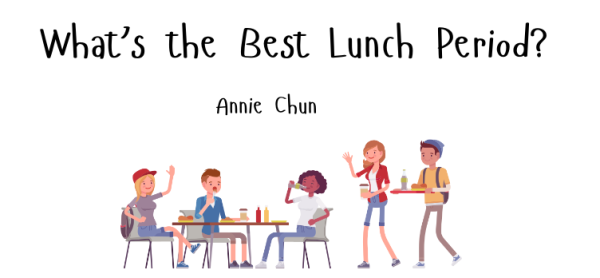PANIC!!!
Anxiety and teens
“What if i fail?” “Did i study enough?” “I’m not going to make it in time”. All of these are things that go through an average high school teenagers mind almost every day. Parents, teachers, and even our peers often overlook the anxiety we experience. Like many other teens I’ve heard the “you’re not the only one with problems” talk, and I even agree with that. I am not the only one with problems, but that doesn’t mean I shouldn’t be affected by stress. More often than not, people fail to notice the difference between being anxious and having anxiety.
Anxious is a feeling, the feeling we get the day or class before an exam, or the night a project is due. Feeling anxious is completely normal in every sense; it’s beneficial to the body because it gives a reality check, making us do work. It is a bad feeling none of the less, however because the mind wants to get rid of it, it pushes us to do whatever it takes to stop it. Feeling anxious is associated with sweaty palms, feeling uneasy etc. This feeling usually goes away after the stressful event is over.
Having anxiety is a different story. It’s feeling anxious only it’s multiplied by ten. Often times associated with panic attacks, anxiety is a disorder where a person experiences an intense feeling of panic and fear, sometimes to the point where their body physically reacts causing symptoms such feeling like your throat is closing up, heavy breathing and panting, crying, numbness in limbs and many more. Each case of anxiety is different, some don’t get panic attacks and feel a very mild sense of anxiety, others with diagnoses such as chronic anxiety may experience a panic attack close to every week, and possibly even passing out from panic. It’s a constant state of fear of daily interactions, something that doesn’t go away. It’s a constant state of mind, that many need medication to tame and live a normal life.
Next time someone opens up to you about their anxiety, understand how they feel and listen to them. If you experience someone having a panic attack, try to help them and calm them down, or call for an adult, and most importantly, stay with them. Whether your friend feels anxious or has anxiety, help them through it, and make sure they’re okay. Just because they “aren’t the only one with problems” doesn’t mean their problem is unimportant. If you want to find out more about anxiety and other mental disorders, you can visit the Anxiety and Depression Association of America (ADAA) where they teach what mental disorders are and how to help.

My name is Kalina Boshkovska, I am a sophomore at Oakton High School, and this is my first year working with the Oakton Outlook. I look forward to helping...




